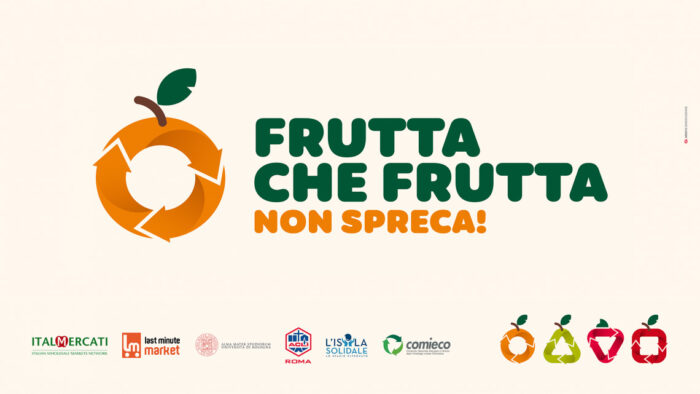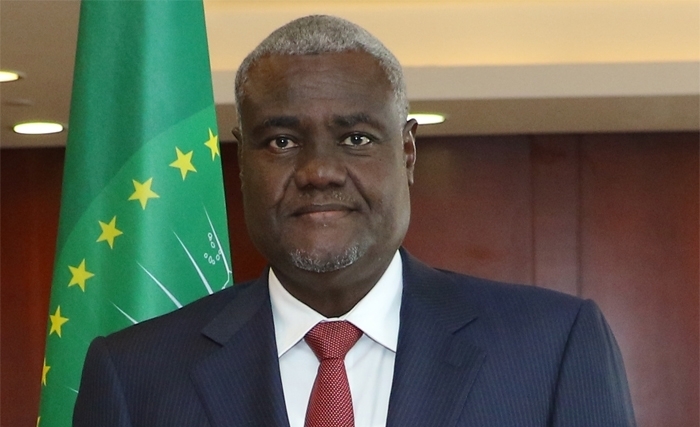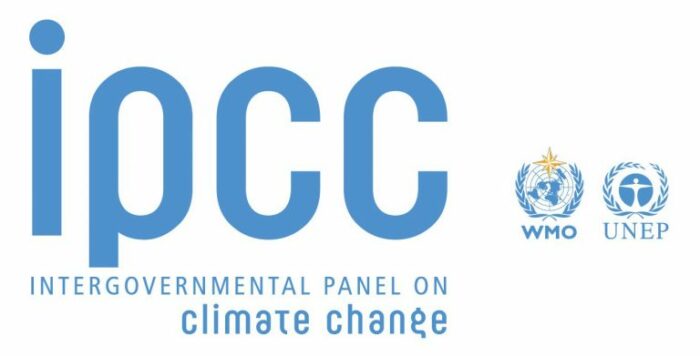March 1, 2023
In a foreword

Dear readers,
To achieve the transition of our food systems, it is time to work on restructuring our wholesale markets towards models that can cope with the climate change without participating in it, promote healthy and sustainable diets while ensuring food security for every citizen in times of instability, and move towards resilient and remunerative supply chains for all actors.
In this edition of ‘In action’, we will therefore propose different ideas to improve your wholesale market, based on scientific reports, international conferences and of course by you, our members, who are constantly inventing the future of wholesale markets. Regarding adaptation to climate change, in the article “What does the last report of the IPCC tells us about the future of food systems”, we will present you the main IPCC projections on the impacts of climate change on global food supply chains. We have a major role to play in adapting food systems to ensure food security around the world.
Highlighting the positive actions of our members regarding the Sustainable Development Goals to inspire other members is one of the priorities of the WUWM as we are convinced that exchanges and good practices can be of great help to the transition of our sector. This month we interview the CEO of the Melbourne Wholesale Market, which has set itself the target of recycling 95% of the waste produced at the market. He will tell us what led the market to take this step, the challenges they have faced in reaching this target and the market’s future goals.
The World Economic Forum conference in Davos and the Dakar summit “Feed Africa: Food Sovereignty and Resilience” are two major international events for discussions on global food systems. Discussions on the transition of food supply chains towards greater sustainability and positive impacts for people, the environment and the climate were addressed.
WUWM remains fully committed to promoting change among our members, as achieving the Sustainable Development Goals will ensure a better future.
Yours sincerely,
Stéphane Layani,
WUWM chairman




